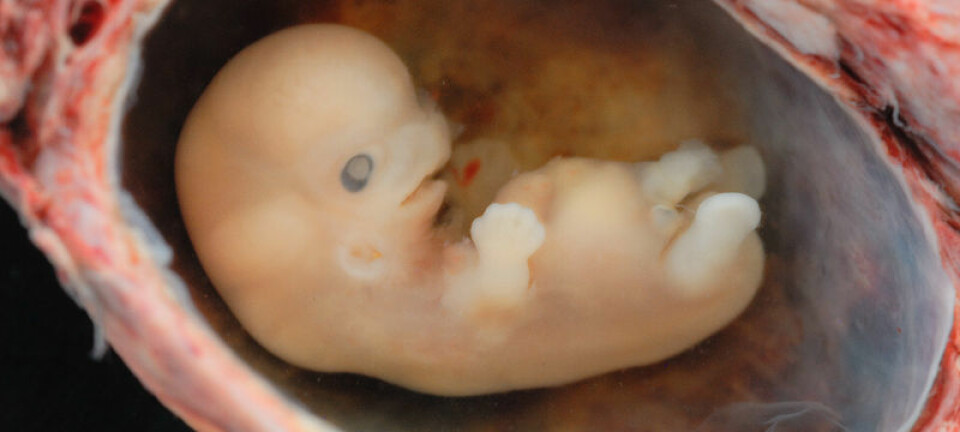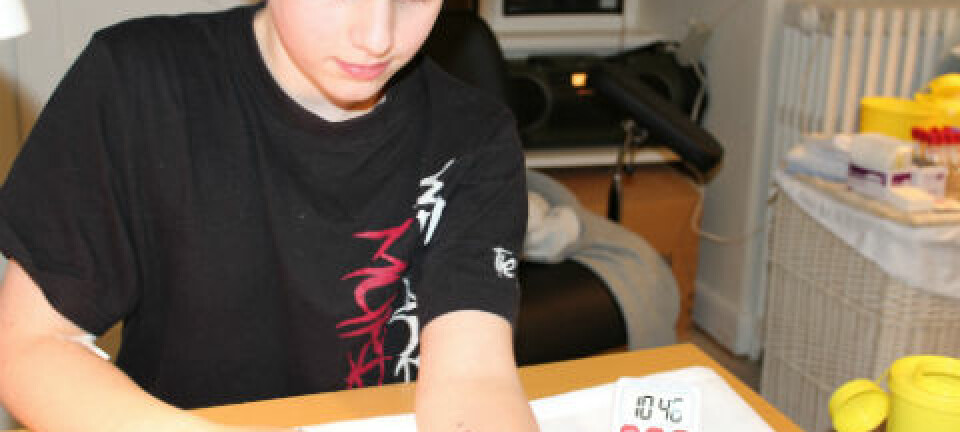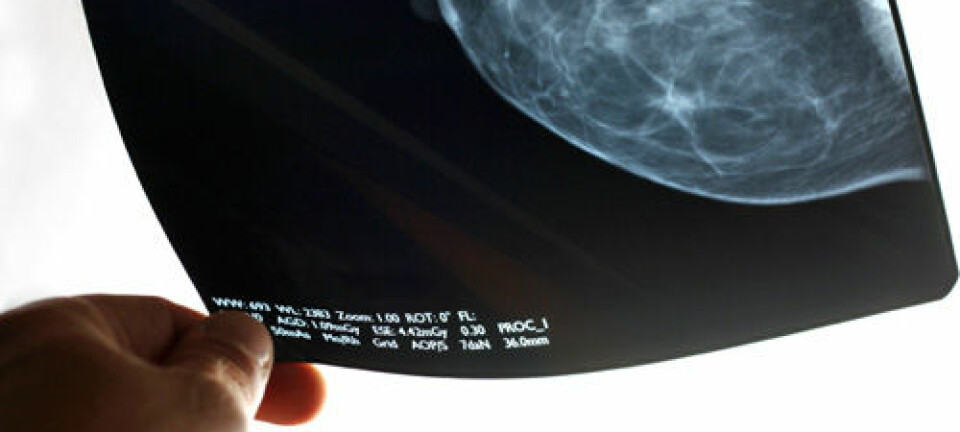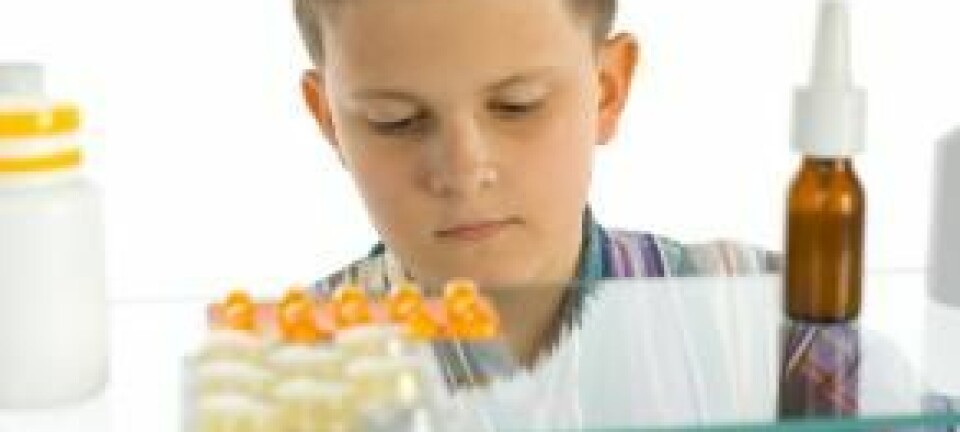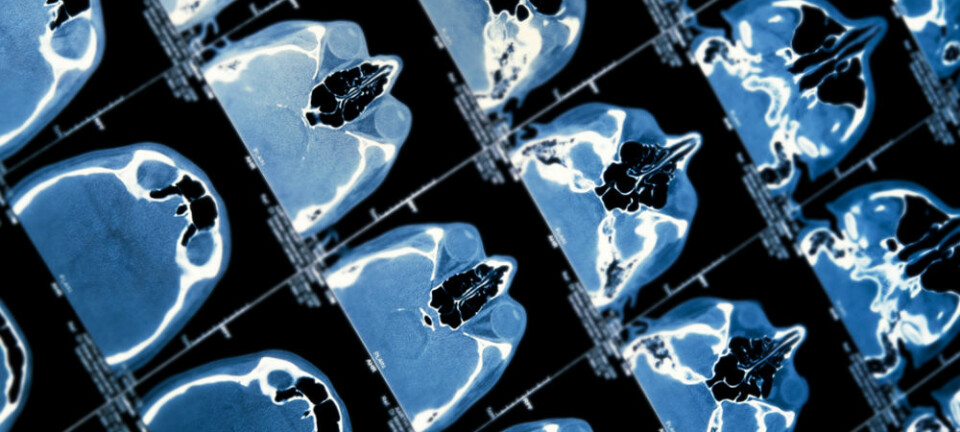
Pizza boxes and chip bags may cause breast cancer
Chemicals found in everyday items such as rainwear, chip bags, greaseproof paper and pizza boxes increase the risk of breast cancer. The substances are also suspected of having links to ADHD.
If you want to minimise the risk of you or your children developing cancer, it may be a good idea to find out which objects you come into contact with in your everyday life.
According to a new Danish study, many of our most common everyday items contain substances that increase the risk of breast cancer.
"The substances appear to be endocrine-disrupting as well as constituting a risk factor in the development of breast cancer,” says Professor Eva Cecilie Bonefeld-Jørgensen of the School of Public Health at Aarhus University.
“Since the substances are not fat-soluble, it has been considered for some time that their accumulation in the body would be unlikely – but now we’re seeing that they are likely after all."
Surprising effect on breast cancer
Together with colleagues from Greenland and Canada, Danish scientists studied 31 Greenland women ascertained to have developed breast cancer during the period 2000-2003. This is the equivalent of 80 percent of all the women in Greenland who had breast cancer during that period being involved in the study.
Using questionnaires and blood samples taken from the women and compared to a control group of 115 healthy women, the researchers discovered that the women tested had a greater number of toxic substances in their bodies which stemmed from the surroundings.
These included degradable environmental chemicals such as PCBs, organic pesticides and a particular group of substances not hitherto considered a risk: so-called perfluorinated compounds (PFCs).
”We had expected evidence that the patients had been exposed to PCBs and organic pesticides,” says Bonefeld-Jørgensen, who is also the head of the Centre for Arctic Environmental Medicine at Aarhus University’s School of Public Health. “And this was the case in one quarter of the women who were hardest hit – although the PFCs where evident in all stages of breast cancer. That came as a surprise to us.”
PFCs are also found in food
PFCs are found throughout our surroundings and avoiding them is nearly impossible. PFCs can for instance be found in:
• Rainwear
• Teflon coatings
• Pizza boxes
• Potato crisp bags
• Greaseproof paper
• Waterproofing agents
• Nail polish
• Dental floss
• Carpets
As if that wasn't enough, the compounds are also found in meat and other foods.
"These substances are extremely practical in our everyday lives because greaseproof paper is great for the kids' lunchboxes, spraying your jacket makes it waterproof and a Teflon coating stops your steak getting stuck to the frying pan. The problem, though, is that as it turns out, PFCs are absorbed by, and accumulate in, the body and this impacts our health," says Bonefeld-Jørgensen.
We ought to be told what the packaging contains
The researchers will now pitch into similar studies of Danish women. According to the professor, one logical consequence of this is that we as consumers should not only be informed about the contents of e.g. food or clothing, but also about what they are packaged in while they are on the supermarket shelves.
"Obviously, now we know that packaging itself can be harmful to our health, it is very important for consumers to be informed in future about what substances are found in packaging,” she says.
“These days it is, for example, possible to buy eco-labelled greaseproof paper which does not contain PFCs, but in the vast majority of cases consumers do not have an earthly chance of determining whether or not packaging on a specific product contains PFCs.”
Read the article in Danish at videnskab.dk
Translated by: Hugh Matthews
